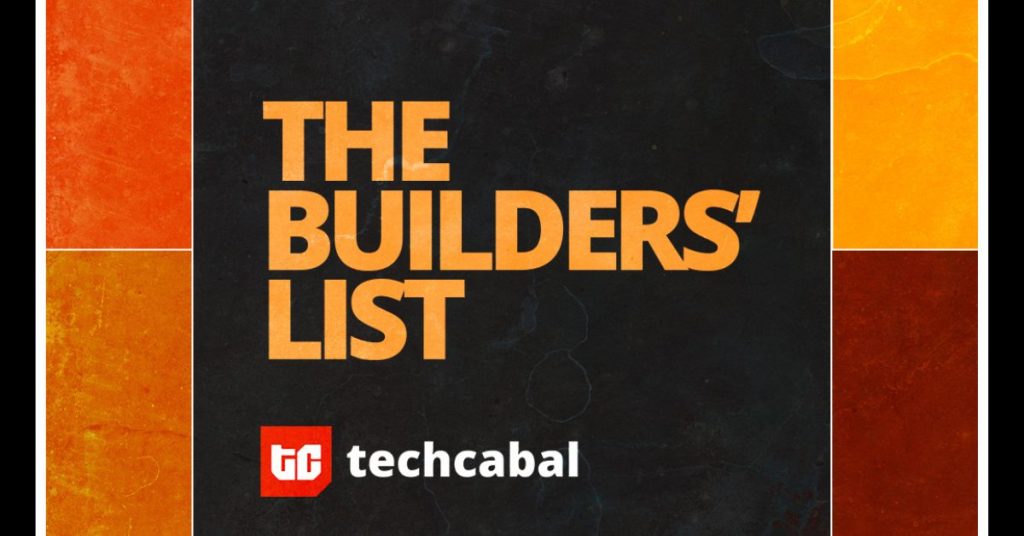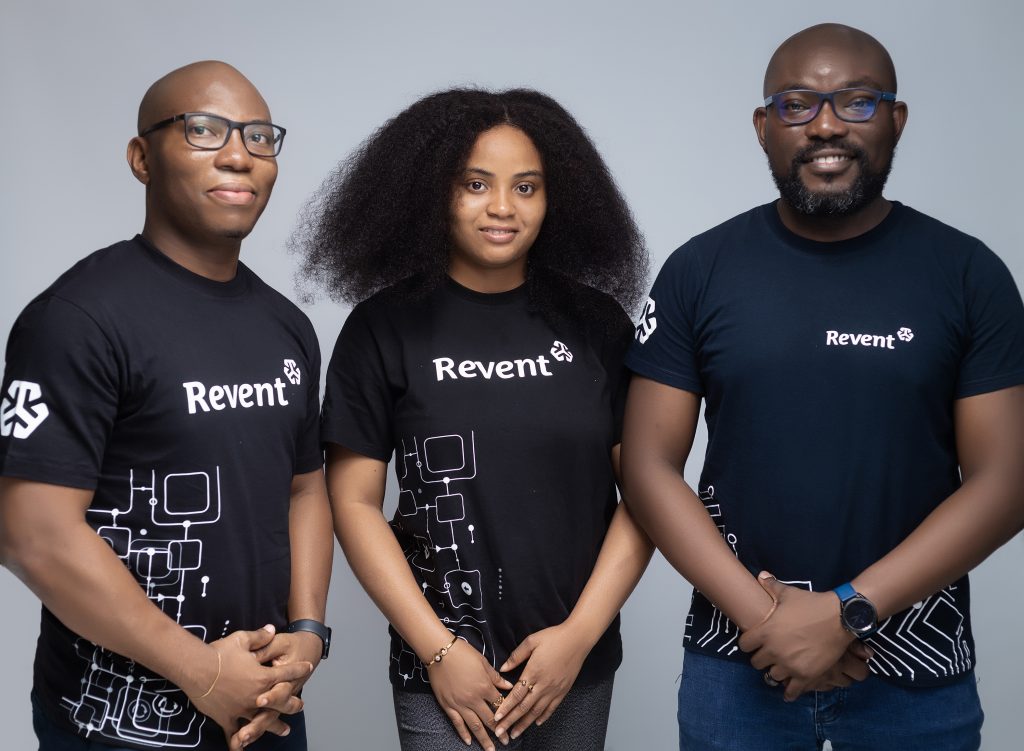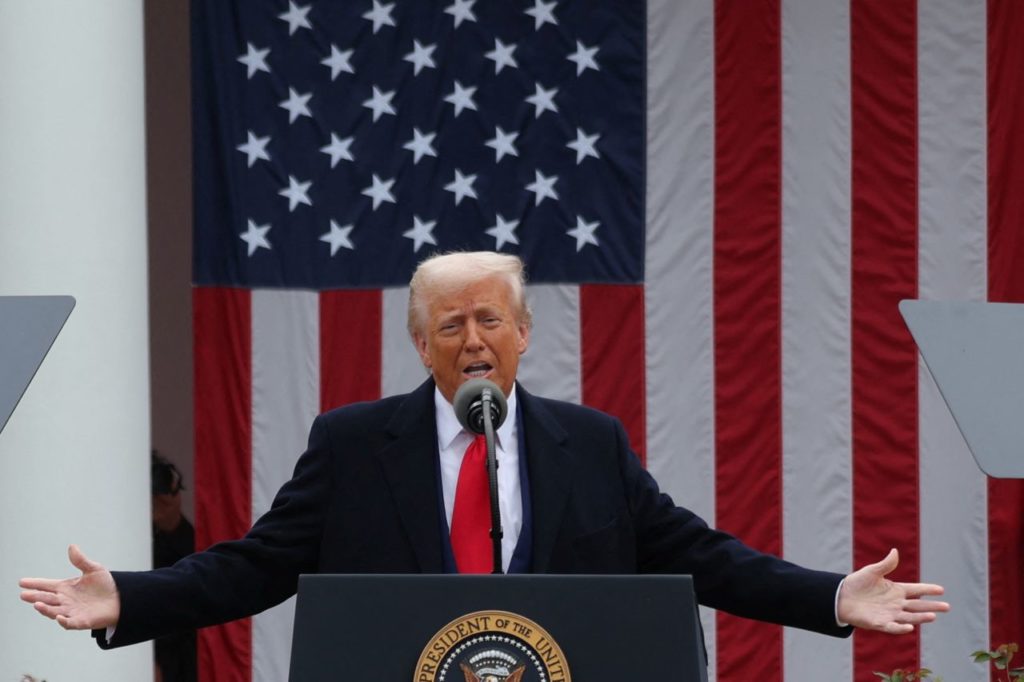
In the last five years, blockchain technology has decentralised the internet, creating opportunities—from NFTs to cryptocurrency trading—for anyone to succeed. Despite the leaps in innovation spurred by blockchain, this technology still suffers from an adoption problem. The innovations created on the blockchain are not widely adopted because there aren’t many compelling use cases for them in everyday life. In recent years, the general public has been discouraged from adopting it because of scam NFTs, meme coins, rug pulls, and other fraudulent activities.
This raises an important question: what can we safely and usefully do with innovative technologies like blockchain?
This question is being answered by Trence Technologies, a blockchain technology company solving real-world problems. Founded by Oluwaleke Fakorede, Daniel Oladepo, and Michael Okoko, Trence Technologies is building gaming and esports tournament infrastructure on the blockchain to create trust in the gaming world.
Esports, with its massive global audience and ability for digital ownership and rewards, aligns perfectly with blockchain’s strengths. From enhancing fan engagement through digital collectibles and fan tokens to streamlining transactions and combating fraud, secure blockchain-based payment systems are needed.
Trence Technologies is capitalising on this potential by leveraging blockchain technology to enhance gaming experiences and solve real-world problems. Launched in 2022, the company has acquired over 200,000 users and processed $2 million in transactions. Speaking to TechCabal, Oluwaleke Fakorede discusses the journey to creating value on the blockchain and how the industry can build trust post-crypto boom.
How did you get into using blockchain in esports? What inspired this combination, are you an esports amateur or a blockchain businessman?
It all started during a FIFA match with my friends. We had money on the line, and when some friends lost, collecting the winnings became complicated. Around the same time, my friends who are also my co-founders got scammed off a season-long fantasy premier league contest they registered to compete in. That’s when the idea hit us, what if there was an app where everyone could put their money in beforehand, ensuring that whoever wins gets paid?
Blockchain technology was perfect for this because of its transparency and reliability. I’ve been gaming since I was young, though never professionally, and in 2018 I started working in blockchain development, including some time at Binance. GoWagr, our Peer-2-Peer platform, emerged from experiencing both these worlds firsthand.
In very plain terms, please tell me what specific challenges you and your company are addressing and how necessary it is to solve this problem for people in the real world.
Let me break it down into what we’re actually solving with our three main products:
First, with our Peer-2-Peer platform, we’re fixing that trust issue I mentioned. When you’re playing against someone and money’s involved, you need to know it’s safe and the winner will get paid.
Then there’s our Fantasy Premier League solution. We’ve seen too many contest admins disappearing with players’ money and so we’ve built something that makes this impossible. This allows FPL players to focus on using their football knowledge to make money without worrying about getting scammed.
For gaming communities and esports leagues, we’ve created Licensed infrastructure that handles everything from running tournaments to stopping cheaters and making sure winners get their rewards. It’s all about making competitive gaming fair and transparent.
Blockchain technology, from meme coins to scam NFTs, suffers from a utility problem. How do you envision that people in this industry can create a more sustainable and trustworthy ecosystem?
Let’s call it what it is – the crypto world has been plagued by meme coins, rug pulls, and scams. But that’s not the whole story. We’ve seen blockchain revolutionise cross-border payments, create new financial instruments through DeFi, and bring transparency to healthcare systems.
The reality is that we need to address two major problems. First, the user experience is terrible. Dealing with wallets, gas fees, and transaction signing is a nightmare for many people. Second, we need proper regulations, especially around speculative assets like meme coins and NFTs. The SEC needs to step in with clear guidelines for promoting and trading these assets. The industry is maturing, but we need to move faster toward practical applications that solve real problems instead of just creating speculative assets.
With the shift to integrating AI in different industries, how do you see the integration of AI within blockchain-based gaming ecosystems? What are the possibilities available in this area?
AI is already transforming gaming, and when combined with blockchain, the possibilities are massive. Take non-playing characters (NPCs) for example, instead of basic programmed responses, we can have characters that learn and adapt to each player’s style. All these interactions get recorded on the blockchain, so there’s complete transparency about how the AI is behaving.
For esports, we’re seeing AI become a powerful training tool. Players can practice against AI models trained on professional gameplay data, with all results and improvements tracked on-chain. This creates a verifiable training history that teams and sponsors can rely on.
Another real game-changer is predictive analytics. Game developers can now accurately forecast how many in-game items they need to mint, what rewards will keep players engaged, and how to balance their virtual economies. This isn’t just theory, it’s already happening and it’s making games more engaging and economically sustainable.
What are your thoughts on the potential of tokenisation within the gaming industry, specifically regarding in-game items and rewards?
Tokenisation is revolutionising how we think about game assets, and I’m incredibly excited about where this is heading. Currently, when you buy an item in a game, it’s essentially a license from the publisher. However, tokenisation fundamentally changes this relationship by giving players true ownership of their digital assets. This shift in ownership dynamics opens up amazing possibilities for players to truly invest in their gaming experiences.
While traditional databases can handle some aspects of digital asset management, blockchain brings unique benefits that are transforming the industry. The transparency and true ownership it enables are creating new opportunities for both players and developers. We’re seeing the emergence of cross-game economies and interoperable assets that were previously impossible. There are secondary markets for gamers to trade their rare hard-earned rewards.
The key is implementing tokenisation in a way that enhances the gaming experience. At GoWagr, we’re building the infrastructure to make this integration seamless. Our focus is on creating systems that maintain the fun and engagement of gaming while adding the benefits of blockchain technology. It’s about enriching the gaming experience, not just adding complexity. When done right, tokenisation can create more engaging, player-centric gaming economies where everyone benefits.
What greater opportunities do you see ahead in this industry? What do you see happening in the esports industry with the continued integration of blockchain technology and AI?
The future of esports is going to be fascinating. We’re already seeing AI change how players train and compete, but blockchain adds that crucial layer of transparency and fairness.
For the market itself, we’re moving beyond simple sponsorships. Teams and players can now earn through digital asset trading and fan engagement tokens. But more importantly, we’re seeing new ways for fans to interact with the sport – making predictions, influencing matches, and participating in more sophisticated fantasy leagues.
The technical side is evolving too. Imagine having every match result and every player stat verified on-chain. We’re even seeing early experiments with DAOs running entire leagues. And with AI-powered broadcasting, we’re getting better at capturing those epic gaming moments and creating more engaging streams.
But here’s what excites me most: competitive integrity. Between blockchain’s transparency and AI’s analytical capabilities, we’re building an esports ecosystem that’s more fair and engaging than ever. That’s what’s going to take this industry to the next level.
Now about Trence Technologies, please tell me about Trence Technologies’ journey so far and how you reached over $2.7 million in revenue across multiple regions?
Haha! I wish we were at $2.7 million in revenue but soon! We have grown to over 200,000 users who have spent almost 2 million dollars in the 18 months of our launch. These users are across countries in Africa, North and South America. We are expanding to Europe and growing in the USA, there are just a few more licenses to obtain.
What sets Trence Technologies apart from other blockchain-based gaming solutions in the market? What is your unique value proposition?
There are a good number of things that set us apart from the competition ranging from our UI/UX approach, and our experienced team, our genuine passion for gaming and tech. However, I would say the most important thing is our communities. Our strategy from day one has been to be community-focused and driven. This is why we have built a solid infrastructure and platform that gamers want and love to use, that people can trust to keep their money safe and their tournament fair. Our unique proposition is our Distribution, it has been rock-solid and very effective.
What are your plans for Trence Technologies? Are there any new markets or technologies you plan to explore in the near future?
There are new regions we want to expand to and there is also a new exciting offering we are currently working on. This it’s something people have been asking us about since day one, so be on the lookout for the launch and announcement in January!










